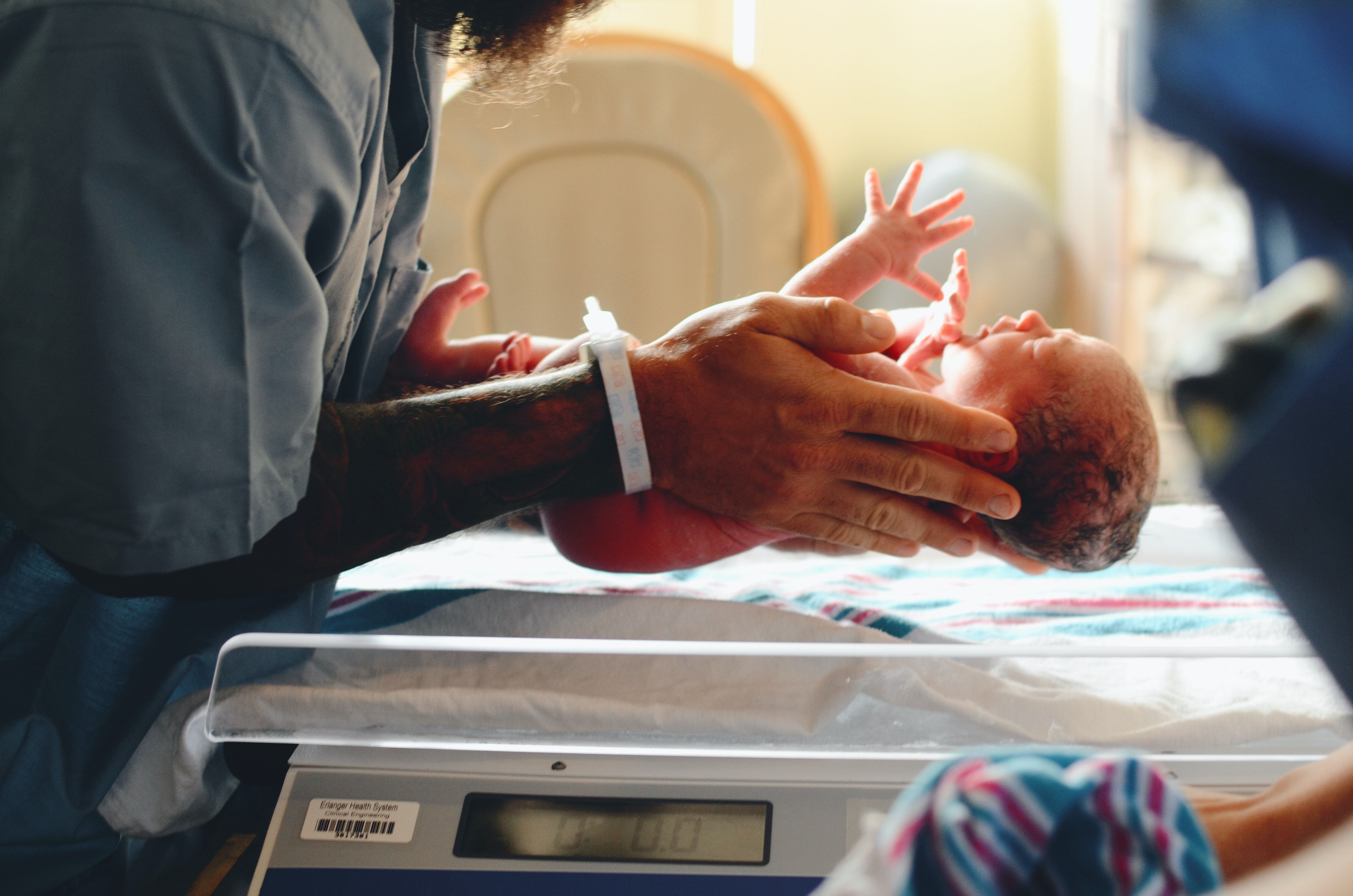Nirsevimab Shows Promise in Preventing RSV Infections in Preterm-Born Infants
A one-time intramuscular dose of the investigative drug was linked to reduced medical attention and hospitalizations related to RSV.

An international study suggests an efficacious means for preventing respiratory syncytial virus (RSV) in healthy infants who were born preterm, a group considered particularly high risk, with a singular intramuscular dose of nirsevimab.
The findings indicate the investigative monoclonal antibody could reduce the risk of mortality associated with RSV, the deadliest virus among US infants.
The trial, led by M. Pamela Griffin, MD, and designed/funded by MedImmune/AztraZeneca and Sanofi Pasteur, was conducted in both Northern and Southern hemispheres across 164 sites in 23 countries. Investigators assessed the efficacy of a single intramuscular dose of nirsevimab, an investigative monoclonal antibody with a mean half-life of 59.3±9.6 days.
Investigators enrolled 1453 healthy infants who were born preterm (gestational age, 29 weeks 0 days to 34 weeks 6 days) and had no previous infection of RSV. Eligible infants had not received other RSV-related treatments.
Griffin and colleagues randomly assigned all participants to a treatment and placebo group in a 2:1 ratio. Each group was administered a 50 mg dose of either nirsevimab or a saline at the onset of the RSV season. The trial period ran for 365 days, between November 2016 - November 2017.
The primary efficacy endpoint was medically attended RSV-associated respiratory tract infection through the first 150 days of the trial period. The secondary endpoint analyzed was hospitalizations due to infections related to RSV after the same amount of time. Investigators additionally captured all incidences of non-RSV related infections.
Nirsevimab was associated with greater efficacy in the trial endpoints. Just 25 of 969 (2.6%) patients in the nirsevimab group experienced medically attended RSV-associated lower respiratory tract infection, as compared to 46 of 484 (9.5%) in the placebo group.
Hospitalizations occurred in just 8 (0.8%) participants in the treatment group, versus 20 (4.1%) hospitalized in the placebo group. The incidences of both medically attended infections and hospitalizations were 70.1% (95% CI, 52.3 - 81.2; P <.001) and 78.4% (95%, CI, 51.9 - 90.3; P <.001) lower for the trial group than the placebo, respectively.
Therefore, the study’s authors noted, infants who received nirsevimab had a lower risk of medically attended RSV infection than those who received the placebo (HR, 0.19; 95% CI, 0.08 - 0.44) after the 150 days.
Among those hospitalized due to RSV infection, 5 participants were admitted to the intensive care unit (ICU) and 4 required assisted ventilaton. All of them were part of the placebo group. Just 4 (16%) of nirsevimab-treated participants who experienced medically attended RSV infection received supplementary oxygen, versus 15 (32.6%) of those administered placebo.
Occurrence of non-RSV infections was the same across both groups, which, investigators noted, suggests nirsevimab treatment does not affect illnesses caused by other respiratory pathogens.
Frequency of adverse events were similar between both groups, with 11.2% of nirsevimab patients reporting serious adverse events, versus 16.9% of placebo recipients. The only adverse events considered related to the treatment included rash and petechiae, observed only in the nirsevimab group.
The study also noted that postbaseline antidrug antibodies were detected in 52 of 929 (5.6%) nirsevimab recipients and 18 of 469 (3.8%) placebo recipients. The presence of these antidrug antibodies did not appear to have any effect on the efficacy, serum concentrations, and safety concerns of nirsevimab.
Overall, the one-time intramuscular administration of nirsevimab at 50 mg dosage appears promising in preventing healthy preterm-born infants from RSV infections, Griffin and colleagues concluded.
The team highlighted nirsevimab’s favorable safety profile, longer serum half-life, and greater neutralizing activity compared to other previously studied RSV-related treatments including palivizumab. It was effective at neutralizing both RVS A and RVS B subtypes, which is promising news considering suptavumab’s limitation in neutralizing the much more common RVS B stain.
Griffin and team acknowledged next steps for the investigative drug. “Given the unique characteristics of nirsevimab, including our finding that season-long protection from RSV can be achieved with a single dose,” they wrote, “it is currently being evaluated in healthy late-preterm and full-term infants.”
Further study would also need to be conducted to test the efficacy of the treatment on a larger group of infants so as to detect other potential less-common adverse events.
The study, “Single-Dose Nirsevimab for Prevention of RSV in Preterm Infants,” was published online in The New England Journal of Medicine.